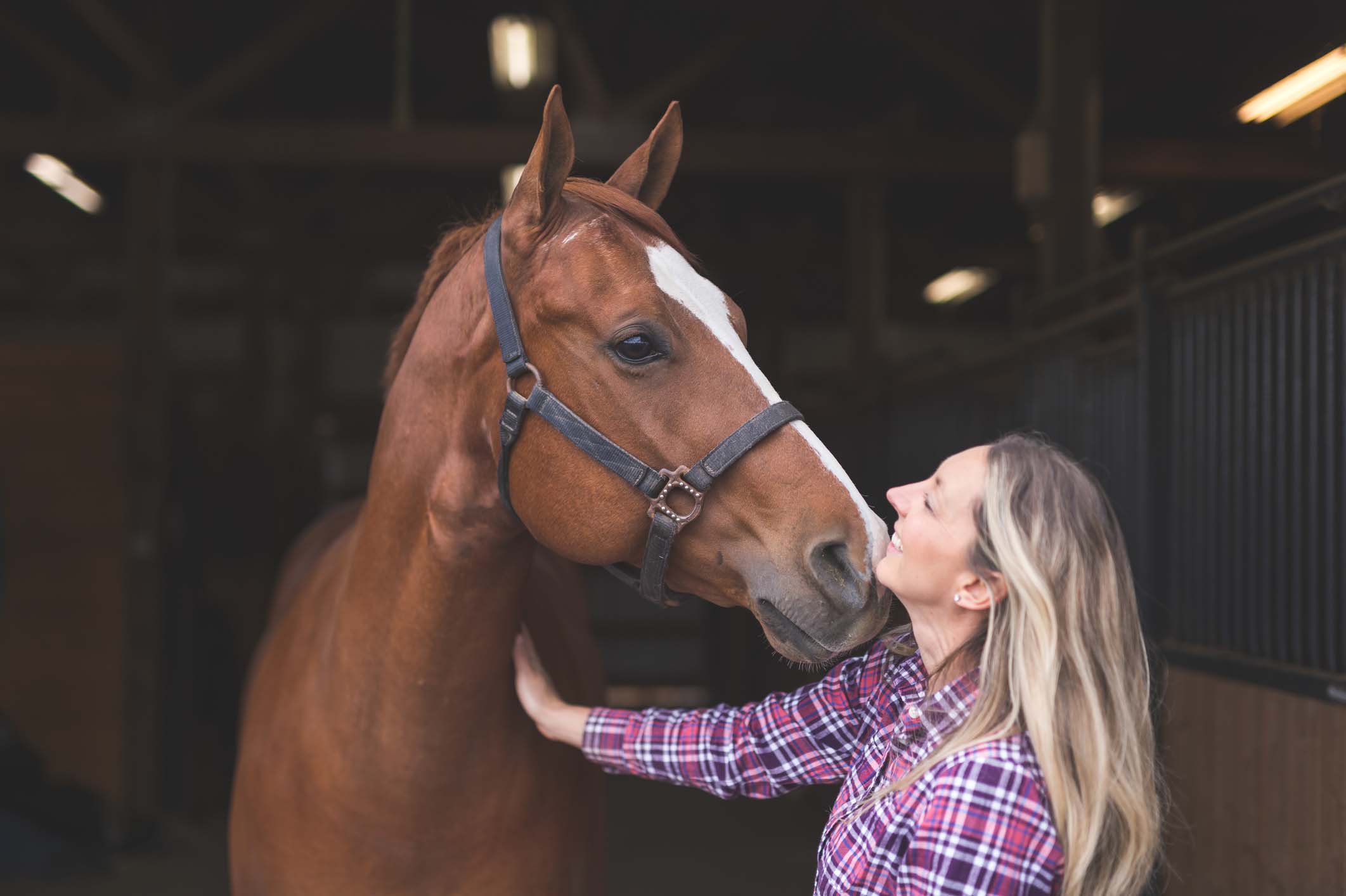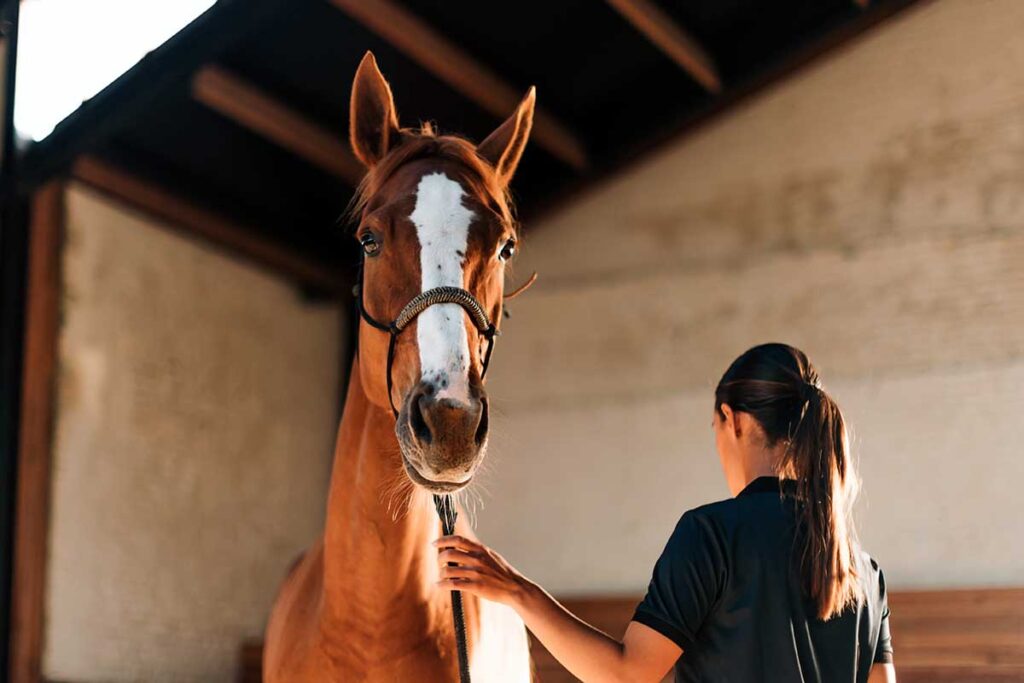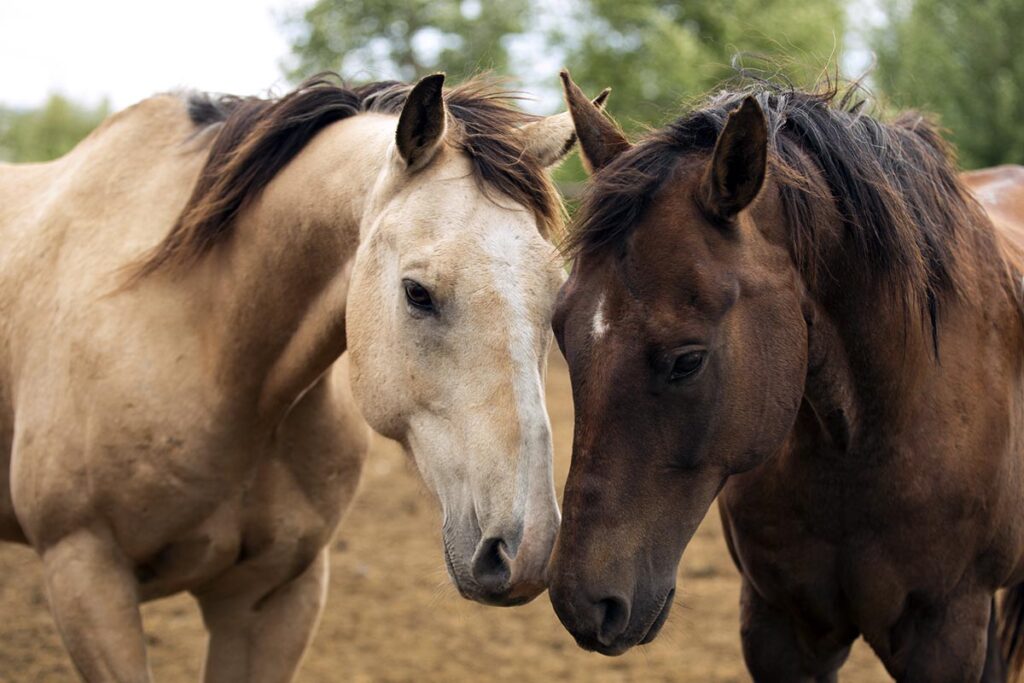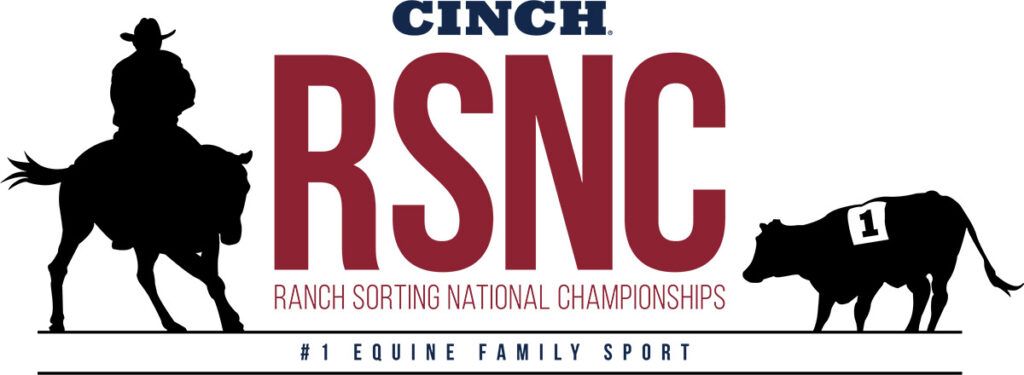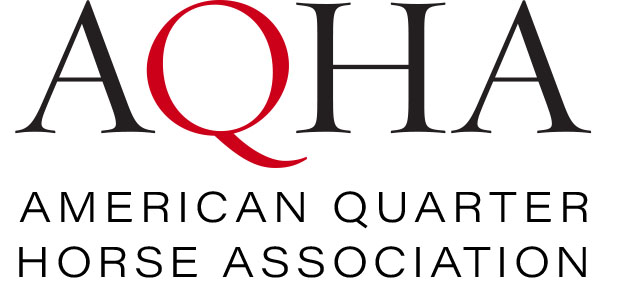Amid the excitement of buying a horse, sometimes we forget about the little things — asking what brand of feed he eats, when he was last vaccinated, and how he gets along with other horses, for instance. To ensure you’re fully prepared for your new horse’s arrival, it’s important to ask the seller about the horse’s history, needs, and preferences. In this article, we’ll run through questions to ask and information to gather before you welcome a new horse home.
Request Paperwork
Depending on what you plan to do with your horse, you might want to get breed and discipline information from the seller. If the horse is registered with a breed organization, such as the American Quarter Horse Association or The Jockey Club (for Thoroughbreds), you will want to have ownership transferred to you and to get a copy of the horse’s papers as proof of ownership. (Most of this documentation can be acquired digitally.)
Also ask if the horse has an existing membership with any riding discipline associations. If you want to someday contend a local dressage show, for instance, you’ll save time and money if the horse is already registered with the United States Dressage Federation or a regional organization.
Many breed and discipline organizations require member horses to be microchipped. Microchipping also helps identify horses that get separated from their owners. Ask if the horse already has a microchip, what his microchip number is, and with which company the seller registered his chip. You’ll need to contact the chip manufacturer to transfer ownership and get the horse registered in your name.
Get a Health History
As a common courtesy, some sellers will happily hand a horse’s medical records and history over to his new owner. And if you had a veterinarian perform a prepurchase exam before agreeing to buy the horse, you’ll have a basic understanding of his overall health and suitability for whatever adventures await. Regardless, make sure you ask the seller for the following helpful health information:
-
- When was the horse vaccinated last and against which diseases?
-
- When did the seller last perform fecal egg counts (this simple test helps guide deworming decisions), what were the results, and which dewormer did they give the horse?
-
- When were the horse’s hooves last trimmed and/or shod, and when is he due for his next farrier visit? Does he require special hoof care?
-
- Does the horse get regular maintenance such as joint injections to manage arthritis and, if so, when did he last receive them?
-
- What medications and supplements does the horse get?
This is important information to share with your veterinarian. It can also help you keep your horse up to date on health and hoof care and help you schedule upcoming appointments.
Learn About the Horse’s Preferences

Each horse is an individual, with different preferences and personality traits. To eliminate some of the guesswork about what your horse likes and doesn’t like, ask the seller:
-
- What brand and type of feed does the horse eat? If you plan to feed a different product, you’ll want to transition him from his previous feed to his new one slowly.
-
- What meal and turnout schedule is the horse accustomed to?
-
- Does he get along with other horses in turnout? Where is he in the herd’s pecking order?
-
- Does he have any quirks or behavioral traits you should know about?
The answers to these questions not only make your new horse ownership journey easier but also make the transition for your horse as smooth and stress-free as possible.
Take-Home Message
By asking the right questions and gathering important documents, you can be a well-prepared and well-informed horse owner. If you don’t have information about your horse’s health and history, have your veterinarian perform a basic wellness exam, and schedule an appointment with your farrier to assess the status of your horse’s feet. Introduce new experiences to your horse gradually, until you get to know one another. And consider working with a trainer who can help you build a strong and safe partnership with your new horse.
Are you enjoying this content? Sign up for My New Horse’s FREE newsletter to get the latest horse owner info and fun facts delivered straight to your inbox!

